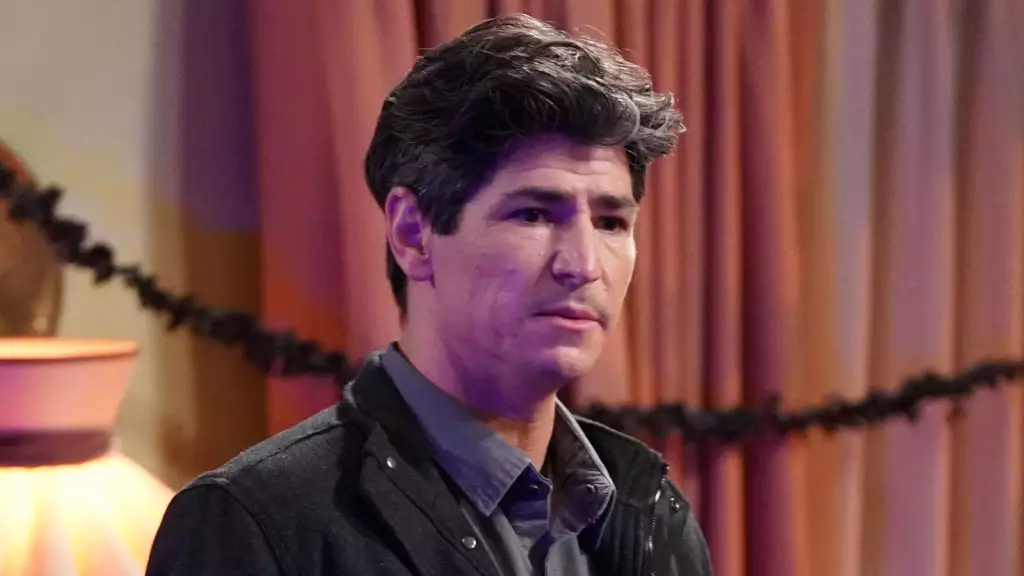Michael Fishman, renowned for his role as DJ Conner, has recently shed light on his omission from the series finale of *The Conners*, a spinoff that concluded its narrative arc after seven memorable seasons. His heartfelt introspection shared via social media revealed much more than mere disappointment; it underscored an emotional journey navigating the complexities of loss and acceptance in the realm of television. Instead of inciting drama, Fishman’s reflections resonate with a profound sense of gratitude and community engagement.
Fishman’s absence sparked conversations among fans, leading many to speculate about potential conflicts behind the scenes. However, Fishman refuted these notions, expressing empathy rather than grievance. His commentary aligns with a growing trend in celebrity culture that encourages vulnerability, pushing back against the notion that personal conflicts define public personas. By advocating for a ‘lighthouse in the dark’ approach, Fishman emphasizes the importance of solidarity amidst shared grief, both for the cast and the audience collectively mourning the conclusion of a cherished show.
The Legacy of *Roseanne*: More Than Just a TV Series
The comedic legacy that began with *Roseanne* extends beyond mere entertainment; it has fostered conversations around critical societal issues. Fishman articulated his appreciation for this legacy, highlighting the collaborative efforts that brought The Conners into existence with the backing of the Carsey-Werner Company and the influential Sara Gilbert. This acknowledgment not only showcases Fishman’s professionalism but also his recognition of the artistic community that contributed to a culturally significant narrative. It’s a testament to the power of ensemble work in creating content that endures in the hearts of viewers.
Fishman’s vow to celebrate this legacy, despite his personal separation from the series, illustrates a refreshing perspective in an industry often dominated by conflict. His invitation to reconnect with the show from a fresh viewpoint demonstrates an openness that challenges audiences to engage with their favorite programs in new and transformative ways. The notion of revisiting *The Conners* evokes a sense of nostalgia but also a call to reflect on the evolution of the characters and the topics they addressed.
Creating Safe Spaces in Uncertain Times
In his reflections, Fishman revealed his commitment to fostering safe spaces for emotional processing amid transitions—a sentiment mirroring the feelings many people face today. In the wake of uncertainty that permeates modern life, artists can assume the role of facilitators for communal healing. Fishman’s initiative signals a radical shift toward prioritizing emotional well-being within creative spaces. By encouraging dialogue about grief and change, he helps transform potentially isolating experiences into shared narratives that empower viewers to embrace their feelings and build community.
The absence of DJ Conner in the finale serves as a launching point for deeper discussions about representation, inclusion, and emotional intelligence in the television landscape. Fishman’s journey from actor to advocate encapsulates a broader narrative about the responsibility of public figures in promoting empathy and connection. This new wave of celebrity—one that values collaboration over conflict—could redefine the entertainment industry, urging audiences to reflect on the stories that shape their lives while encouraging positivity and shared understanding.

